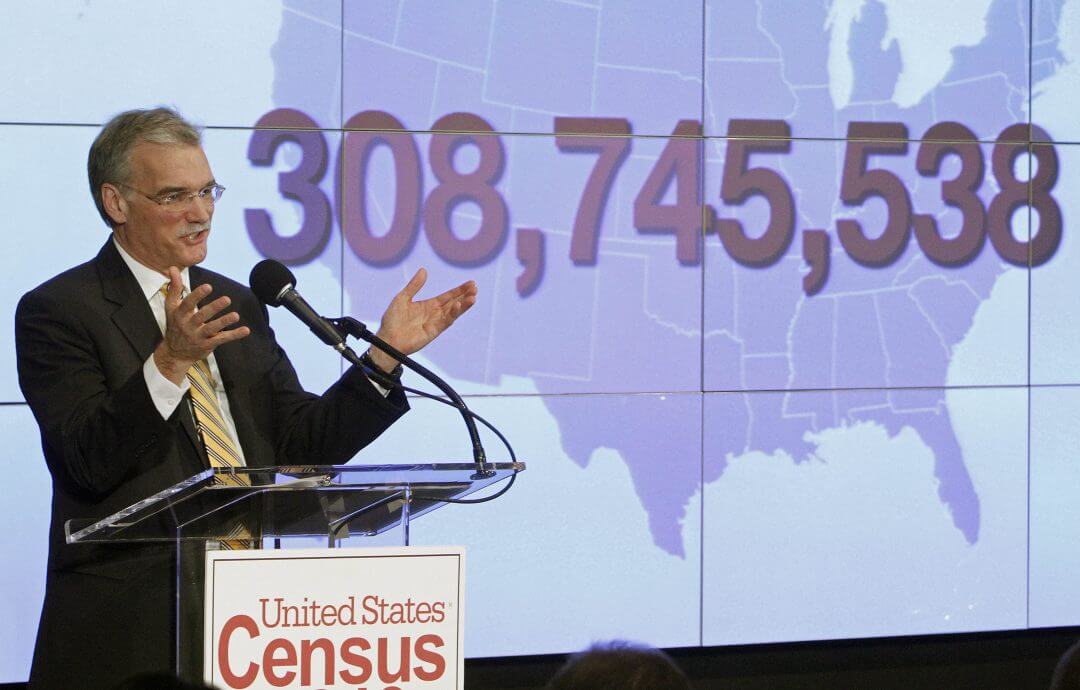Will the United States give up on data collection?

Federal data collection isn’t an exciting political topic, but it is critically important to running the country. Data collection by the U.S. government has often led the rest of the world. Two examples are the first U.S. decennial census in 1790, which predates the comparable census in the United Kingdom by 11 years, and the National Income and Product Accounts, one of the world’s first attempts—in 1937—at creating a comprehensive system of national accounts, which are now conducted by virtually every nation. Today, however, the federal statistical agencies that collect these data are threatened by insufficient funding proposed by the Trump administration and approved by the House and Senate appropriations bills after the Senate Appropriations Committee yesterday approved legislation that provides inadequate funding.
Timely and accurate data are critical to diagnose and respond to a wide variety of policy problems across the nation—and increase efficiency and effectiveness in the government. Speaker of the House Paul Ryan (R-WI), when announcing the Evidence-Based Policymaking Commission, discussed how the collection of data gives government “the tools to make better decisions and achieve better results.” Insufficient funding means insufficient data—and programs that don’t reflect the reality for families across the United States.
The threat of less funding is already hampering the ability of the U.S. Census Bureau to conduct a robust 2020 decennial census. The Census Bureau already cut two of its test sites for a 2018 “dress rehearsal,” leaving just one site that may not be representative of the many challenges faced by the agency in different areas of the country. The agency’s former director resigned unexpectedly shortly after sparring with Congress over the Census Bureau’s budget, which is $300 million too low, according to some estimates.
The importance of the decennial census cannot be overstated. It plays many roles in the administration of the U.S. government, most notably in the reapportionment of the 435 seats in the House of Representatives to the states. The census and several ancillary surveys produced by the Census Bureau also are commonly used in academia in varied fields that include economics and epidemiology, which in turn help inform the policymaking process in these and other critical areas. Further, the allocation of federal funding to states is based on formulas that rely on accurate population counts. Inaccurate reporting means that the programs are not providing support where they are needed.
The Census Bureau is not the only statistical agency facing cuts. Both the administration and the House appropriations bills are calling for a 10 percent cut to the budget of the U.S. Bureau of Economic Analysis, or BEA, compared with 2017. The BEA is best known for producing the National Income and Product Accounts, which include a measure of the nation’s gross domestic product and quarterly growth of the economy. The Obama administration was slowly increasing funding for the agency in hopes of improving some of the its economic indicators. The funding cuts will put those improvements on hold.
U.S. statistical agencies perform an important role in steering the U.S. economy. In the 1930s and 1940s, as the nation weathered the Great Depression and prepared for war, policymakers leaned on the nation’s economists and statisticians to devise a means of tracking the economy’s progress and potential. Other nations adopted similar systems of national accounts soon after. The National Income and Product Accounts played a critical role in World War II by helping planners estimate maximum feasible military output by the economy.
Today, the nation continues to see weak wage growth in the wake of the Great Recession, but the agency that collects this data, the U.S. Bureau of Labor Statistics, will have its funding frozen at fiscal year 2017 levels in the House Labor, Health and Human Services, Education, and Related Agencies appropriations bill as reported out of committee. According to an analysis by the Council of Professional Associations on Federal Statistics, the agency needs another $30 million per year just to perform the duties that are mandated of it. An increasingly complex and data-driven world requires strong national statistics. The Trump administration and Congress would be wise to re-examine these cuts against the need for the accurate and empirical work of these critical statistical agencies.
